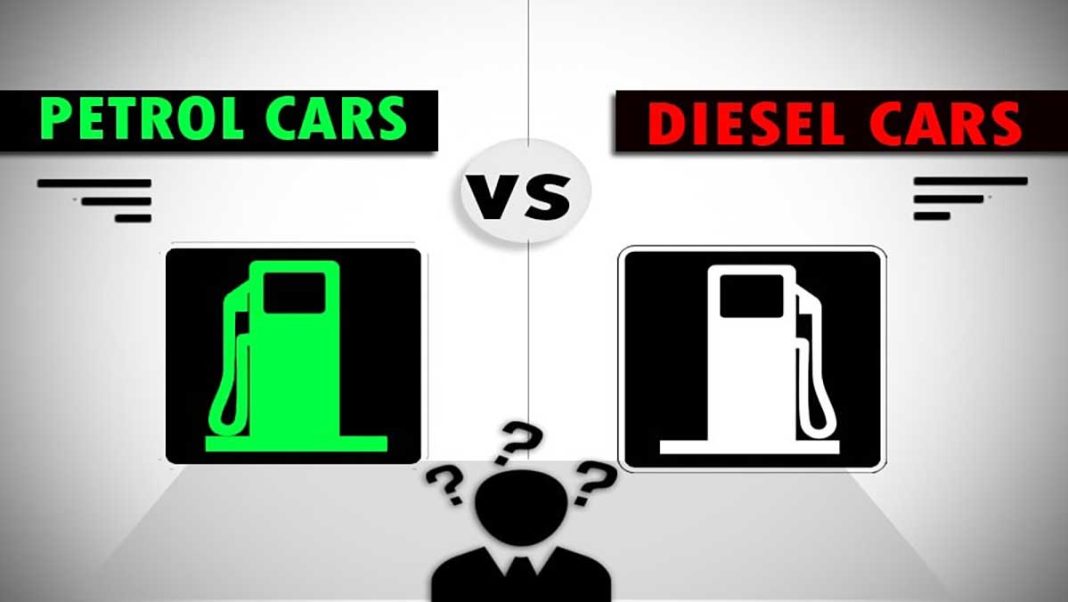Diesel engines have much higher compression, which necessitates tighter tolerances in the engine: cleaner cylinder bores, better valve seats, and better valves.
This used to make the engine much larger, but thanks to the widespread use of turbo petrol engines, it no longer does.
The block for a turbo engine weights almost the same whether it is petrol or diesel, and some manufactures still use the same casting.
Diesel cars often run much hotter, which necessitates the use of better materials and oil.
Owing to the way their fuel injection operates, they run much higher fuel pressures than most petrol engines, which means tighter tolerances and stronger materials.
To protect those materials and tolerances, they need much better fuel and air filters.
High RPM
Diesel cars are usually turbocharged. Since diesel engines don’t have throttles, the turbos spend more time at high RPM. As a result, they operate at a relatively high air mass flow all of the time.
The air filter’s job is made even more difficult by the high air mass.
The turbo bearings are more difficult to lubricate due to the high RPM. It also has to deal with exhaust gas several hundred degrees hotter, and a lot more of it.
That, of course, means the turbo performs even better, which is why it’s still present on a modern engine. Turbos are less expensive than larger engines which increase engine efficiency.
Thermodynamics means that this engine can be much more powerful than a petrol engine.
The performance of turbo diesel cars can reach about 50%, while no petrol engine can ever reach more than 36%.
Because of the high air flow, the intercooler must be large, which necessitates finding a location for it as well as the massive hoses that link it to the engine.
Power And Torque
Diesel cars deliver power and torque at lower RPMs, and have Even more torque, so transmission parts are larger, heavier, and more costly.
Diesel engines produce more noise and vibration, necessitating the use of more sound damping material as well as larger and stronger engine mounts.
Fortunately, they produce far less exhaust noise, allowing for smaller and thinner mufflers and exhaust systems.
I think the real question is, why are they only that much more expensive, and not much more again?
It all boils down to the fact that they’re the only solution for commercial vehicles, and as a result, we’ve gotten pretty good at manufacturing them.
So, Why Would You Buy One?
Simple: they’re a great deal of fun to drive because they have a lot of torque at low RPM and consume less fuel.
Because of the higher service costs incurred by such filters and the relatively costly oil that can withstand the high temperatures in the turbo and heads.
They aren’t any easier to operate, but they do go further on a tank. A lot further.
Yes, the higher vibration frequency is a little distracting in heavy traffic, but you don’t hear it while cruising.
Don’t buy anything else until you can afford an electric car.

